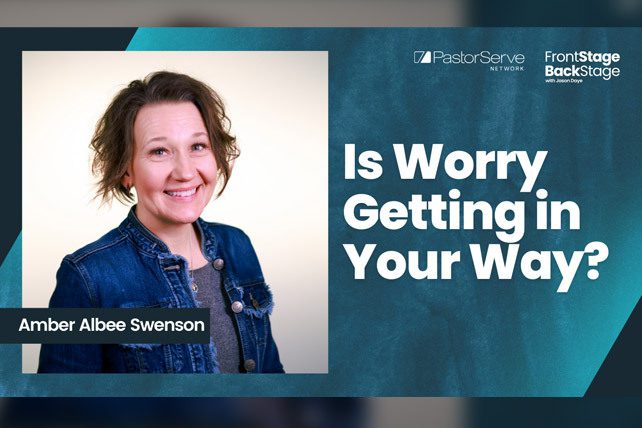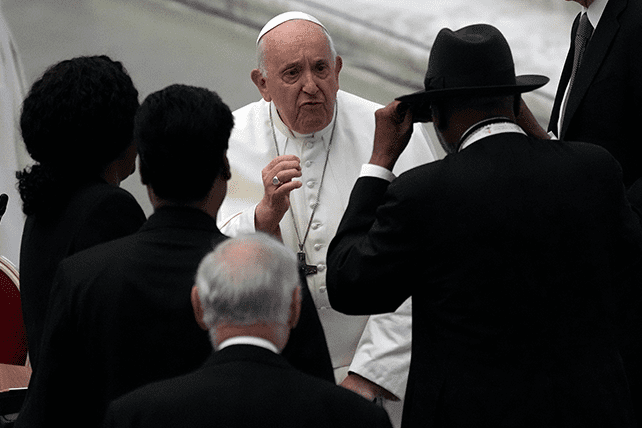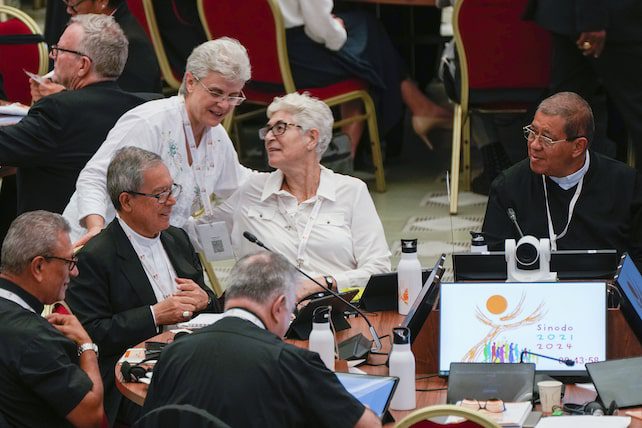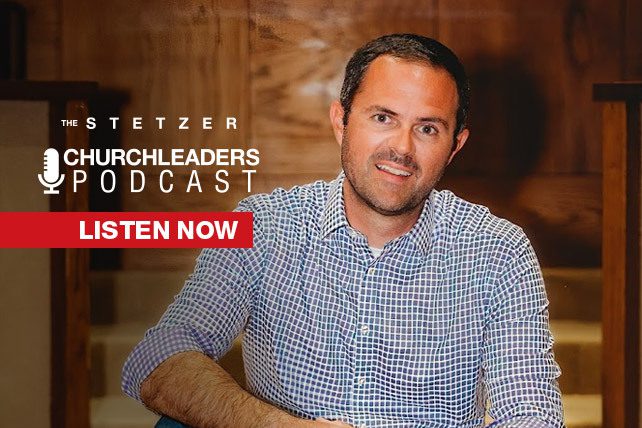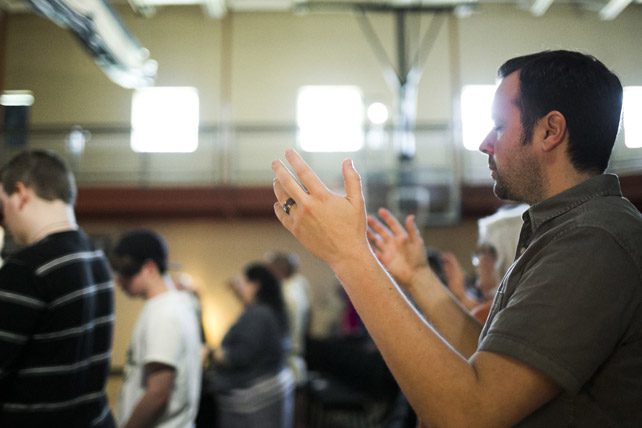Youth leader, have you ever heard these phrases? “You’re fired!” “We’re letting you go.” “We’re moving in another direction.” “This isn’t the right fit.” The terms go on and on, but the point is the same. And it stinks.
Being fired from a church can be one of the deepest pains you’ll ever feel. It’s like the world’s hardest gut punch and often comes completely out of the blue. If you’ve experienced this, you know exactly what I’m talking about.
Getting fired truly is the dark side of ministry. They don’t tell you about this when you eagerly sign up. Wide-eyed and bushy tailed, you’re completely oblivious to the cruelty and pain of ministry. Whether you saw the end coming or are completely shocked, being fired as a youth leader hurts.
Fired: One Youth Leader’s Story
It was a Thursday. I was doing follow-up from the previous night and some prep work for the weekend. The lead pastor called me into his office, which wasn’t too unusual. But this time I immediately knew the meeting had a clear purpose. The pastor looked at me and said I was fired, “effective immediately.”
I racked my brain. What did I do wrong? What had happened at youth group the night before? I thought about the growth we’d experienced, the structure I’d added, the leaders I’d recruited and trained. Nothing warranted a dismissal. I was in good standing and hadn’t done anything morally or spiritually wrong. I was in utter disbelief.
My head still spinning, my boss told not to talk to anyone. For some reason, leadership thought this would prevent “stirring anything up.” The pain felt as if someone was physically pouring it on me. My body must have released every negative chemical because my head, stomach, and chest hurt. I felt the blood drain from my face.
Later I learned the church fired a few other staff members too. For each of us, the reason was, “It’s just not working out anymore.” To this day, I don’t know the exact reason. All I knew at the time was that I couldn’t provide for my family. Many close relationships would never be the same. And youth ministry, the field God had called me to, was now a giant question mark.
Maybe this is similar to your story, or maybe it’s completely different. But I’m sure youth leaders can relate to the feelings and emotions I experienced. When a church says you’re fired, you have certain thoughts and believe dangerous lies as you process everything.
5 Lies You Hear When You’re Fired
1. You’re not good enough.
This lie isn’t whispered or quietly repeated until you finally hear it. It’s SCREAMED. It’s blasted on repeat directly into your brain from every direction. The simple fact that the church doesn’t want you anymore reinforces this lie over and over, every time you think about it…which is constantly.
The problem with this cleverly crafted lie? Even if job performance was a factor in your job loss, your employment status isn’t where the “I’m not good enough” lie stays. The idea quickly spreads and lodges itself in your view of your worth.
But it’s not true! Your employment status doesn’t reflect your value. Jesus directly assigned your worth and value to you when He was willing to die on a cross for you. You have extreme value. Yes, you might have been knocked down, but believing you’re not good enough to get back up is a terrible lie. I had to constantly fight the lie of “you’re not good enough.” I still fight it sometimes. Don’t believe that lie.
2. God has turned His back on you.
In any painful situation, it’s very easy to feel abandoned by God. That’s especially true when the pain comes from an institution claiming to operate in the name of God. We sometimes associate the actions of people with the actions of God. We believe the lie that God turned His back on us, which simply isn’t true. Don’t believe that lie, youth leader!
3. The church is not worth it.
We invest everything in ministry. It’s not just a job. Our time, family, talents, money—we invest it all. So when we leave, everything burns. It deeply affected everything in my life because ministry isn’t a just a job; it’s a full-on lifestyle. The lie I heard right away was that the church isn’t worth completely destroying me and my family.
 How can we overcome one of the most often overlooked hindrances to our spiritual well-being? In this week’s conversation on FrontStage BackStage, host Jason Daye is joined by Amber Albee Swenson. Amber is a podcaster, speaker, and the author of seven books, including her latest, titled “Soul Care.” Together, Amber and Jason explore how worry can seep into our ministries and derail our spiritual well-being. Amber also shares some reminders and disciplines that can help us embrace healthy soul care.
How can we overcome one of the most often overlooked hindrances to our spiritual well-being? In this week’s conversation on FrontStage BackStage, host Jason Daye is joined by Amber Albee Swenson. Amber is a podcaster, speaker, and the author of seven books, including her latest, titled “Soul Care.” Together, Amber and Jason explore how worry can seep into our ministries and derail our spiritual well-being. Amber also shares some reminders and disciplines that can help us embrace healthy soul care.
